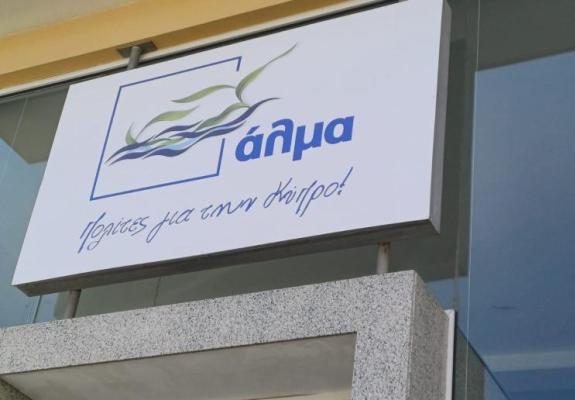How Blockchain Could Transform Cyprus’s Public Sector Services
The Island Explores Blockchain for Land Registry, Customs, and Licensing Transparency
The government is exploring the integration of blockchain technology into public sector services to enhance transparency, security, and efficiency. As part of its digital strategy, Cyprus is considering blockchain-based applications across various government departments to centralize and secure digital records.
As Brief reports, a study on blockchain strategy highlights the need for the Land Registry Department to implement smart contracts, financial settlements, and integration with external verification partners (external oracles). These processes can only be efficiently executed through blockchain adoption.
According to an official source, "A public ledger system must be created, accessible to all relevant stakeholders, to ensure contracts can be executed transparently. Agencies such as the Tax Department, law firms, and financial institutions must also have access to this system."
For example, the Land Registry aims to ensure that property sale agreements between buyers and sellers are executed and approved via smart contracts. A blockchain network would verify ownership, property details, and encumbrances within the Land Registry Department. The proof-of-concept phase will initially focus on transactions without encumbrances.
The following steps will be executed once conditions are met:
-
The Land Registry transfers ownership to the buyer.
-
The Land Registry records the mortgage as per the agreement.
-
The bank releases funds to the seller.

Blockchain technology can also streamline customs operations, including cargo and container tracking, and address global tax challenges. Cyprus' Customs and Tax Authorities are already participating in EU working groups, as the European Commission is advancing significant initiatives such as the EU Registry, SEED (System for Exchange of Excise Data), and Single Window Services.
Blockchain can also be leveraged by the National Betting Authority, which issues licenses for online betting and authorized agents. A blockchain-based public ledger could enhance transparency by recording and verifying licensed betting agencies, their representatives, and license holders.
The proposed blockchain solution would complement existing infrastructure by adding new functionalities, allowing the National Betting Authority to manage the issuance, renewal, and revocation of licenses. Furthermore, issued licenses could be displayed digitally on the authority’s website for verification purposes.
Additionally, blockchain technology could facilitate the recording and cancellation of specific data generated by licensed betting services. At a later stage, these records could be analyzed using artificial intelligence to detect patterns related to criminal activities, such as match-fixing or money laundering.

According to the blockchain strategy study, Cyprus must adopt an advanced framework capable of resolving complex supply chain issues and integrating with other technologies. This includes certificate validation and interoperability with external verification partners used by EU governments and key national authorities, such as the Tax Department and the Ministry of Agriculture, Rural Development, and Environment.






